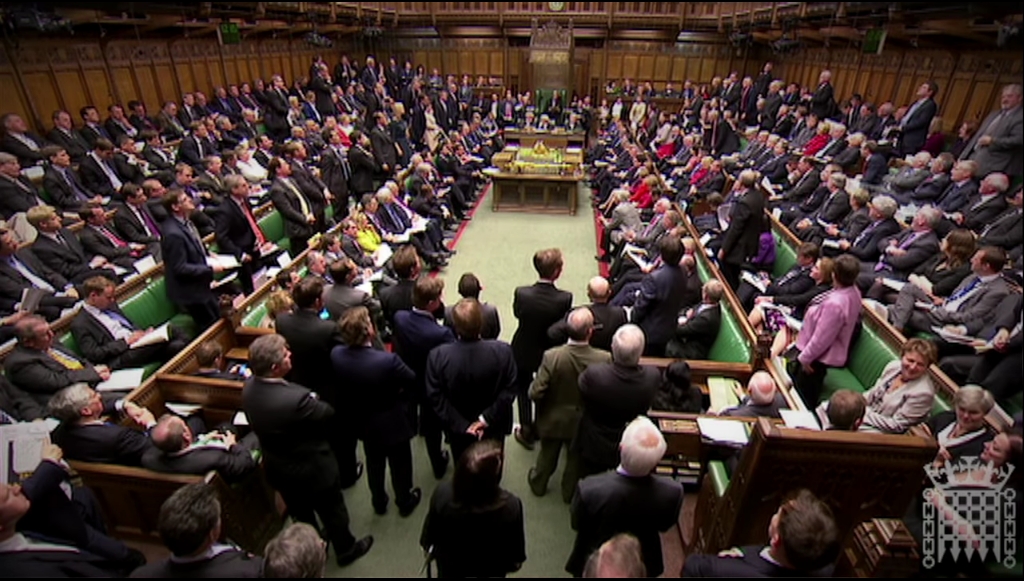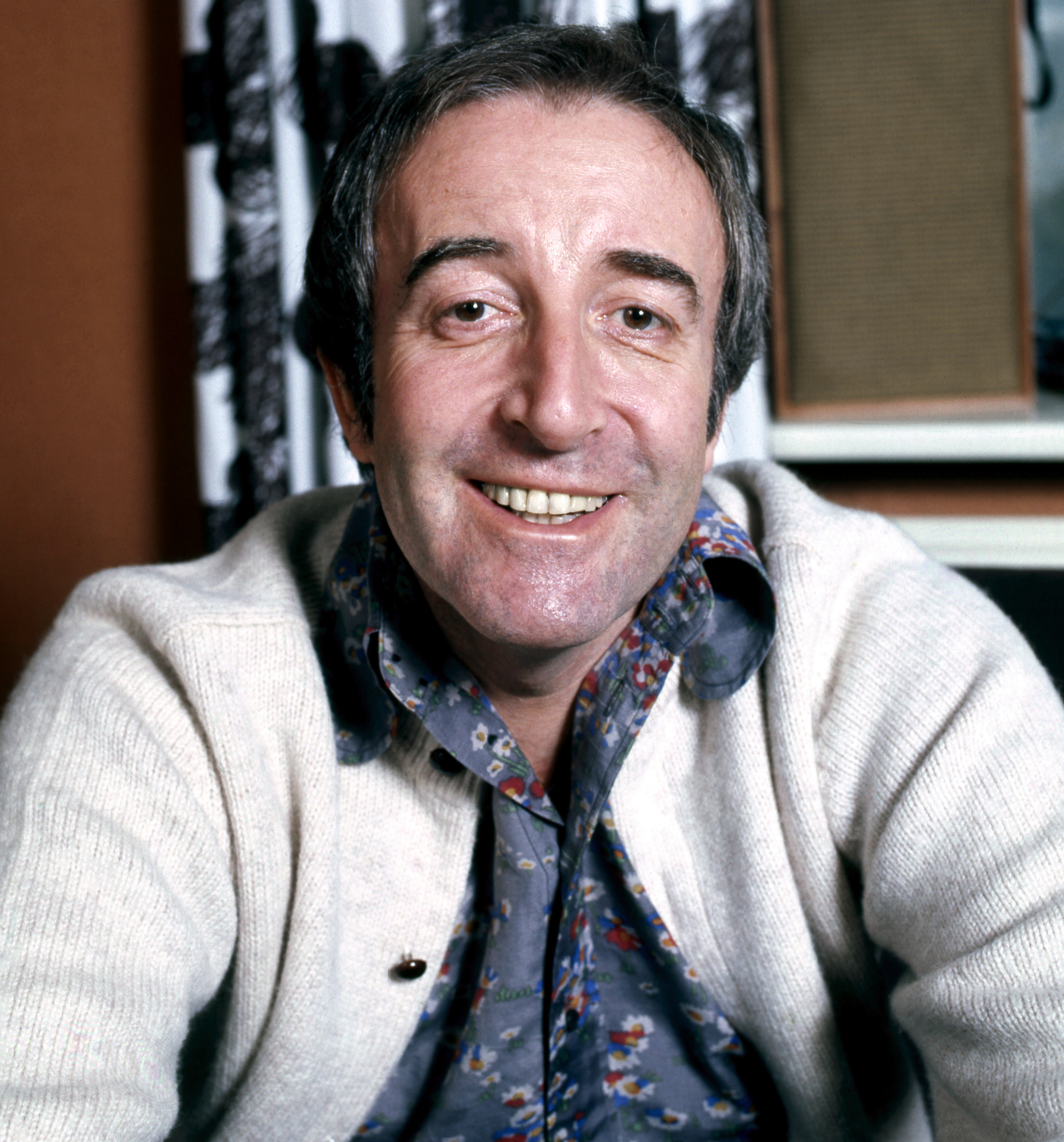
A thousand-yard stare (U.S. military, via Wikimedia Commons)
Over
a month with nothing posted. Today, a personal, universal post.
These
days, I tend to spend much of my waking time gazing into space. What Americans
call a “thousand-yard stare”. Or absent-mindedly poking my tongue at an
incipient cavity in one of my lower molars.
Why?
I’m
seeking among the memories of my life in this world – all my experiences, all
my education – for large ideas that will explain all the experiences and all
the concepts gleaned from all my years of living and studying. My best friend,
a friend of 60 years, tells me I stare into space with my mouth half-open and a
glazed look in my eyes. Not a pleasing sight.
But
none of that matters if one is on the trail of truth.
So
this post will not be an event-specific post.
I’ve
been trying to write about specific events for over a month: the coming
summit-level meeting between U.S. President Trump and President of the DPRK
(North Korea) Kim Jong Un; the withdrawal of the U.S. from the Iran nuclear
deal; the political unrest in Armenia; the failure of the factions “left” in
the West, so far, to find consensus on anything; the latest climate-change models.
But
I’ve come to a useful conclusion: the vicissitudes of daily events in the world
are nowhere near as important as understanding the big idea that tells us what
the events mean. First, we must get that clear. Then, we can formulate policy,
change laws, change school curricula, and so on with a goal in mind.
These
events are driven by our species’ software packages – the cultures of the world
– interacting and evolving, all the time. Human speaking and acting is driven
by human thinking, which is driven by cultural programming. We strive to live
out what we have been taught is “right” and “normal”. The problem is that ideas
of “normal” and “right” vary widely from culture to culture.
What
I insist is that we must get conscious control over our cultural evolution. Stop
being puppets and start being agents. Human society is a giant ecosystem, one that can be managed. That’s the big idea.

Bullfrog in pond ecosystem (Public domain, via Wikimedia Commons)
Human
societies run by cultural programming. They are phenotype instances of
genotype cultures. Our social world contains a lot of elements – societies and factions
within societies, sometimes cooperating, sometimes competing. These elements
are constantly seeking a balance that interfaces effectively with physical
reality. As conditions change, each society keeps adjusting its beliefs,
values, and patterns of behavior so that it can keep on getting food, healing injury
and disease, having and raising children, and so on.

desert ecosystem (Tomas Castelazo, from Wikimedia Commons)
Conditions in empirical reality
keep changing. But empirical reality is the stuff we must swim in every
day and in every generation. To live, we must change with it.
Every
human tribe programs its members from childhood on up to preserve, enhance, and
extend the tribe. Thus, all humans think and act to preserve the system they
grew up in. In the meantime, each system functions to preserve, enhance, and
extend itself. Individuals, each human society programs, drives, and uses up. My
proposal is that we move on to a better, more conscious way. Learn to see our social
reality as an ecosystem, one that can be adjusted.

plains natives, horses, buffalo, grasslands: a prairie ecosystem
(artist: Arthur Jacob Miller, via Wikimedia Commons)
The
largest problem for us is that the way by which human tribes have updated their
balances in the past will kill civilization and probably most of us if we don’t
rise above it: consciously see and choose to program our children to choose how their society maintains, reproduces, and evolves.
We
must learn to re-program the thinking underlying the “ways” that have over and
over led us into war. In today’s world, this means that we must become one
tribe that is constantly adjusting – balancing capitalism with socialism; invention
and individualism with environmentalism, empathy, social justice, and compassion.
Large
challenges demand that we think in large ideas. Is balancing all these abstract
concepts in their imperfect real-world forms going to be difficult? Of course. But
finding that balance – efficiently – is what democracy is for.
Do
we have another choice? No.
We
will take on this challenge – not just the smart people of the world, but all
the citizens of the world – and work on it, day to day to day. We will become a
world society in which arguing about when we need stiffer laws to regulate how
businesses treat their clients and employees and when we can get laws out of
the way of the entrepreneurs and let them invent and create, when the rights of
the individual must supercede the rights of the community and when the reverse
is the case, and so on.
We
will learn to balance all the elements of our world by the democratic processes
of debate and compromise or we won’t anything.
If we don’t make debate over the
managing of ourselves our daily intellectual fare, management and professional
classes will devolve into treating worker and consumer classes with more and more
cruelty and exploitation until a revolution occurs. Or the tribes of the world
will keep getting more and more mutually suspicious and hostile until we use our
nuclear weapons. Or we’ll pollute our planet past repair. All these hazards are
growing.
And
then, we’ll be done as a species.
Look
down the corridor of time. To handle these challenges, the reasoning power of
the human mind is the only real tool we have. Thinking.
Big
challenges demand that we think with big ideas. Debating big ideas and how they
work in daily life – that activity should not be called the “American” way, the
“Euro-centered” way, the “Western”, “Protestant”, or “scientific” way. It’s democracy
and it’s just sense. If we are to survive, there is no other way.

Questions for the prime minister, House of Commons, U.K.
(Wikimedia Commons)
If
we want to live, we must rise above the ways of our past. Learn to think and
act while consciously focusing on the cultural evolution of our species. Think of human
society worldwide as an ecosystem, one that can be adjusted by prudent, strategic
action – changes to education systems, health care institutions, laws, foreign
policy, and so on. So that we stay alive.
However,
one problem with tackling this challenge is that it sometimes causes a person to
stare into space with her or his mouth open.
But
nevertheless, in the shadow of the mushroom cloud, have a thoughtful day.

"The Pink Panther" star, Peter Sellers
(credit: Allan Warren, via Wikimedia Commons)
No comments:
Post a Comment
What are your thoughts now? Comment and I will reply. I promise.